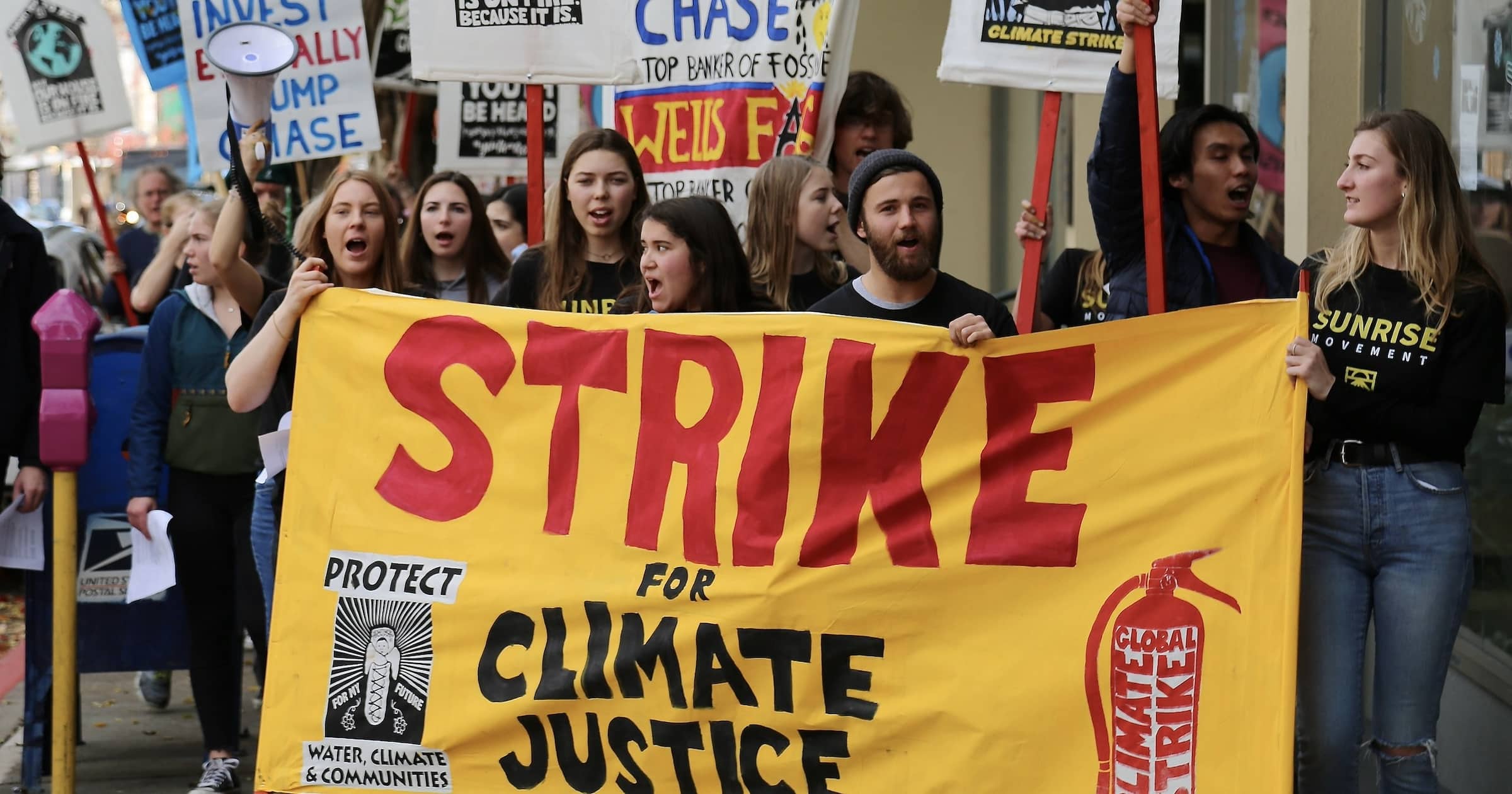 Education
Education
 Free Speech
Free Speech
 Intelligent Design
Intelligent Design
Scientists Behaving Badly: Suppressing Intelligent Design Was Only the Start

I appreciate Ann Gauger’s recent posts for Evolution News on how persecutory mimetic behavior among scientists harms the practice of science (here, here, here, here). She gave historical examples from medicine and geology, as well as recent ones from COVID and intelligent design. Many of us in the ID movement can share personal testimony of persecution we’ve experienced because of our views.
Peter Biles has written here on the censorship of doctors with views that differed from the COVID consensus (here, here). Also for Evolution News, Denyse O’Leary and Wesley J. Smith have reported on many cases of outright scientific fraud.
Scientific fraud can be a tool that ideologically driven scientists and institutions use to manufacture a consensus. Some activist scientists are intent on achieving certain political goals by any means necessary, including falsifying data. While many cases of scientific misconduct only come to light after extensive investigations or even leaks (e.g., Climategate), some are brazenly public.
The Gatekeepers in Action
One recent example was the claim that COVID’s origin must have been natural. The Lancet and Nature Medicine effectively shut down debate on the topic for a year, from 2020 to 2021. Another illustration is the retraction of a paper on climate change by the editors of a Springer Nature journal following bullying from activist climate scientists.
While ID proponents were canceled years before the phrase “cancel culture” came into the language, clearly the same phenomenon is now taking place in other disciplines. I’ve been closely following the debate over global warming (aka climate disruption, or climate change) for nearly 30 years. I’m struck by the parallels between the way ID proponents and global warming skeptics are treated by the gatekeepers.
Judith Curry was professor and chair of the department of the School of Earth and Atmospheric Sciences at Georgia Tech. In January 2017 she resigned from her position. In a public letter, she stated some of her reasons for permanently leaving academia:
A deciding factor was that I no longer know what to say to students and postdocs regarding how to navigate the CRAZINESS in the field of climate science. Research and other professional activities are professionally rewarded only if they are channeled in certain directions approved by a politicized academic establishment — funding, ease of getting your papers published, getting hired in prestigious positions, appointments to prestigious committees and boards, professional recognition, etc.
Evolution of a Skeptic
Dr. Curry is now skeptical of claims of manmade climate apocalypse — “climate change alarmism.” By her own admission, she once spread such alarmism. Her evolution on the subject was driven by two events in particular. One was how she was treated like a rock star when she published in 2005 research purportedly showing an increase in strong hurricanes, which alarmists used to claim that human caused global warming was to blame (see here and here). Another was Climategate (see her comments on its 10th anniversary).
Most recently, Dr. Curry has published Climate Uncertainty and Risk: Rethinking Our Response, in which she details her views on the state of climate science. It is worth reading her lengthy post summarizing the book. She writes:
Activist scientists use their privileged position to advance moral and political agendas. This political activism extends to the professional societies that publish journals and organize conferences. This activism has a gatekeeping effect on what gets published, who gets heard at conferences, and who receives professional recognition. Virtually all professional societies whose membership has any link to climate research have issued policy statements on climate change, urging action to eliminate fossil fuel emissions.
The most pernicious manifestation of the politicization of science is when politicians, advocacy groups, journalists, and activist scientists intimidate or otherwise attempt to silence scientists whose research is judged to interfere with their moral and political agendas.
Precisely the same dynamics go on in the context of intelligent design, which activists have sought to suppresses using all the tools that Judith Curry describes.
Dr. Curry calls it “craziness,” and she’s not wrong. The best that each of us can do to fight back is to continue educating as many people as possible, sharing the facts that the public is not getting from the gatekeepers. I must add that the scientists in our community are grateful for those who support our work, and make it all possible.
